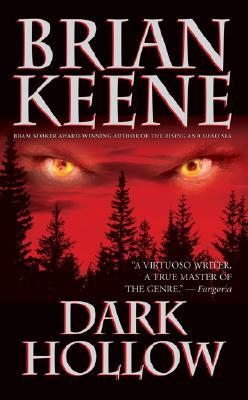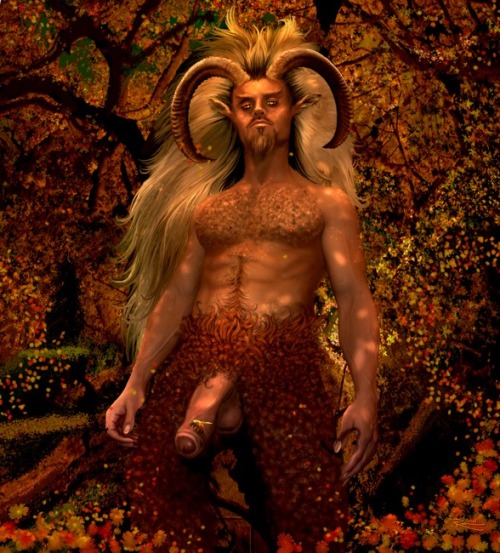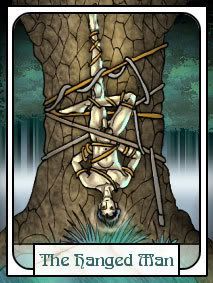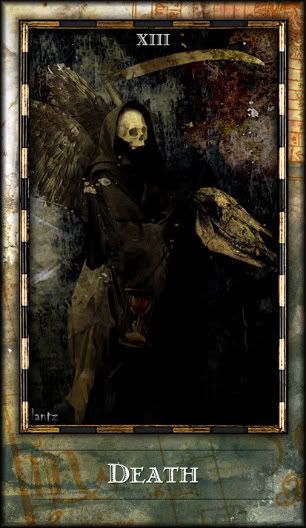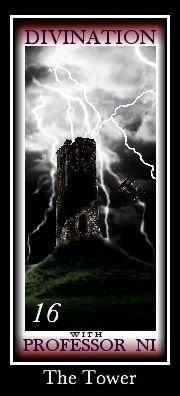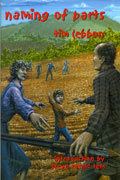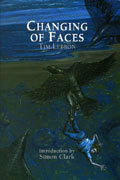as far as my love for genre fiction goes, college did a number on me and for many years i scorned my old high school loves of fantasy, science fiction, and horror. silly me; i'm glad i came back to my senses. during college, only a couple authors escaped my new-found scorn - one of them being the amazing Robert Aickman. pre-college, i enjoyed his sinister tales of uncertain, indescribable menace. in college, i found to my surprise that Aickman was a literary horror writer, and both my snobby new self and my buried-deep genre-lover rejoiced. i could appreciate him with a complete absence of guilt; if my postmodern buddies happened to notice his books on my shelf, i could defend him with ease. his stories were multi-leveled: they existed as menacing tales of horror - but they were also ambiguous, psychologically adept metaphors and analogies for life in all of its strange, unsettling complexity. nowadays, snob years long behind me, i enjoy him for both his literariness and his ability to weave a scary tale filled with dread.
but it is that literariness that really sets him apart. if you are a reader who wants your horrors to be straight-up and visceral, look elsewhere. Aickman crafted stories that are elegantly written, slow-moving, rich in nuance and detail, short on blood and shocks. he crafts - simultaneously - old-fashioned, shivery ghost stories and subtle, cerebral tales that muse on our fears and uncertainties. he is the obvious antecedent of Thomas Ligotti.
The Swords could be about a sadly inhuman and monstrous marionette who plies her abilities in tawdry sideshows and in the sex trade. it could also be about the fear of sex, the literal commodification of flesh, the dehumanization of women.
 The Real Road to Church could be about a lonely woman who purchases a home that lives on the path of the dead. it could also be about a life lived without living - and a second chance, a chance to reinvent that life, and live.
The Real Road to Church could be about a lonely woman who purchases a home that lives on the path of the dead. it could also be about a life lived without living - and a second chance, a chance to reinvent that life, and live.Niemandswasser could be about a haunted lake. it could also be about the decadence and emptiness of aristocratic life, a shallowness so complete that it almost assumes its own kind of sad, meaningful depth.
The Hospice could be about a comforting retreat - comforting as the womb, comforting as the grave - in which our predictability-loving hero finds himself terrifyingly ensconced. it could also be about the logical end result of such predictability, a hell that pretends to be heaven.
The Same Dog could be about a vicious animal, perhaps even a kind of were-beast, one that takes captive our protoganist's first love. it could also be a literalization of how paths part, about how life moves us apart, how time changes everything, always.
Meeting Mr. Millar could be about a residence haunted by a living ghost and by a company of beings whose terrible motives remain tantalizingly beyond reach. it could also be about, well, growing up - learning that life is full of terrible things that we will never truly understand.
The Clock Watcher could be about a strange bride, a loving cipher whose existence seems to rely on her enslavement to the many ticking little cuckoo clocks that are brought into her home. or it could be a mordantly comic parody of the supposedly uber-efficient German character. it could also be about the deep gaps that exist between us all, in marriage, in our own understanding of the people around us.
so if you are new to Aickman, don't come to him expecting easy answers. expect to have to think about the purpose and meaning of why you are being supplied certain details, why stories are being framed in a certain way. Aickman does follow the traditional format of horror short fiction. a few pages are devoted to developing the story's protagonist, perhaps more pages than is typical. then the disturbing ambiguity begins, the horror unfolds... and then the tale ends. Aickman endings usually have little resolution and are almost always without an explicit explanation of what the reader has just experienced. that lack of explication is a hallmark of Aickman's style. but just as important are all of the details, important or seemingly incidental, the offbeat bits of dialogue, the disconcerting moments when the reader learns something that seems to come out of nowhere but yet somehow fits into the theme of the story being told.
i'll use "The Swords" as an example. the narrator, an impressionable traveling salesman, starts his narrative with an off-putting but perhaps often true generalization on the nature of sex, the first time, and all subsequent times. but then there is much odd detailing of the mysterious flophouses that the narrator must stay at, places he's led to by an ambiguous uncle, places teeming with squalid sexuality. these flophouses actually have nothing to do with the horror itself. later, there is a creepy conversation with a shop owner, who practically drools at the prospect of the young man before him having sex - he wants details, he wants it described to him. again, this conversation has nothing to do with the thrust of the narrative. and yet both the flophouses and the conversation have everything to do with what i think the story is about; they are there to further illustrate the story's implicit meaning. although they have little narrative purpose, they are still all of a piece. mysterious events are continuously detailed that have little internal logic but which make perfect thematic sense.
a last word on the story Pages from a Young Girl's Journal. this is in many ways an atypical Aickman tale - a journal account of a young lady's travels abroad, encountering a mysterious stranger, embracing his vampiric nature, becoming something new and terrible. the story's horrors are clearly delineated; the reader is made to understand exactly what is happening. it definitely shows that if Aickman had been of a mind to write straightforward horror, he could accomplish that in spades. it also illustrates a key strength: Aickman's skill at establishing a character. throughout all of his stories, i was continually impressed by how each protagonist was uniquely differentiated and by the depth of their characterization. they lived and breathed. but back to "Pages". although this was my favorite story of Cold Hand in Mine, i'm glad that this was not the direction that Aickman chose to go in most of his tales. i like the uncertain resolution, the creeping ambiguity. it is a pleasure not having things explained, to have to figure things out on my own. i love being able to approach his stories on whichever level i choose.
____________________
musical accompaniment
Sigur Ros: ()
Andrea Parker: Kiss My Arp














